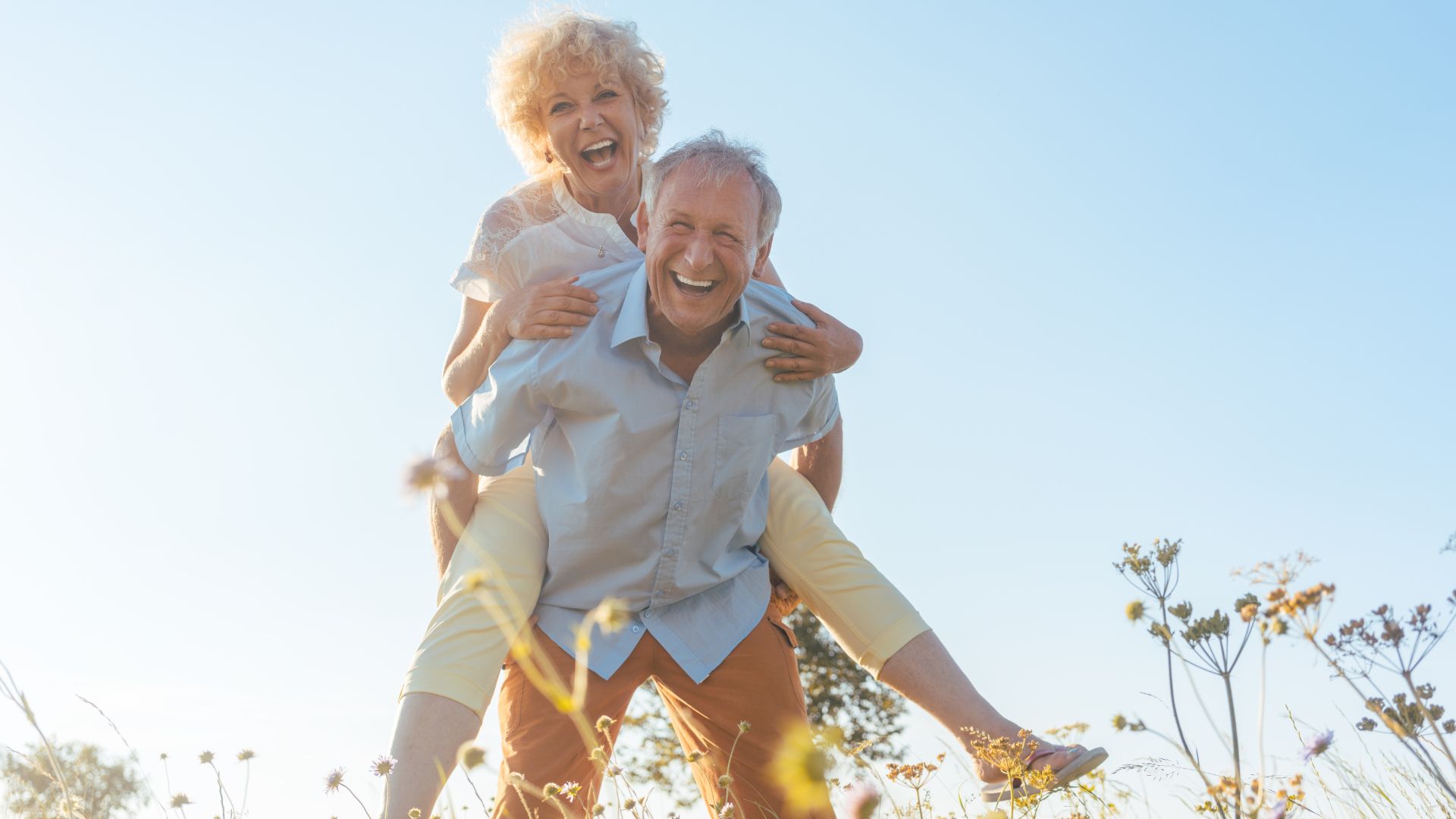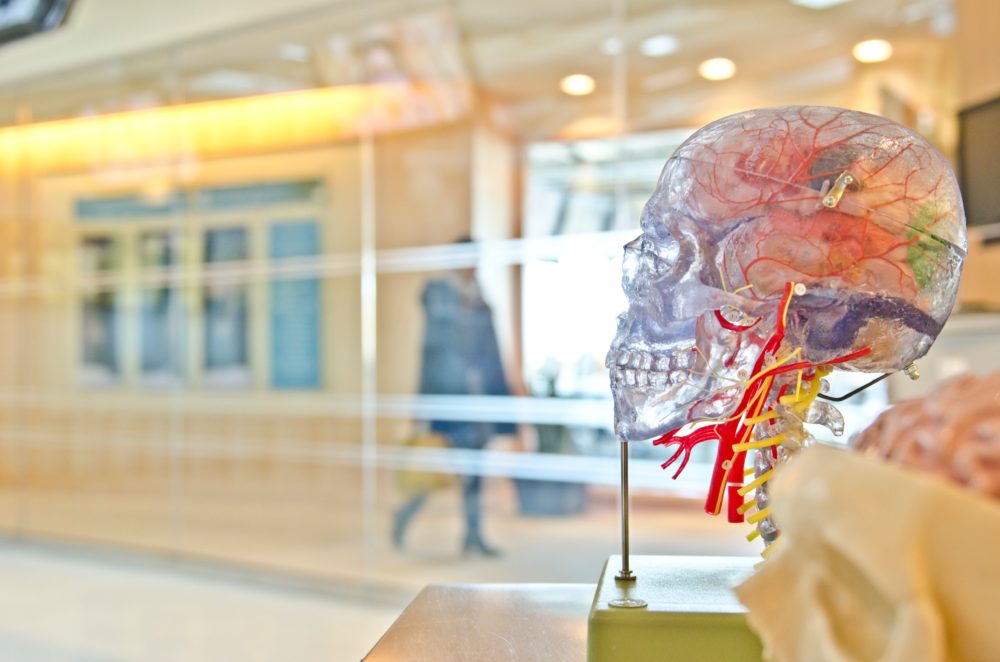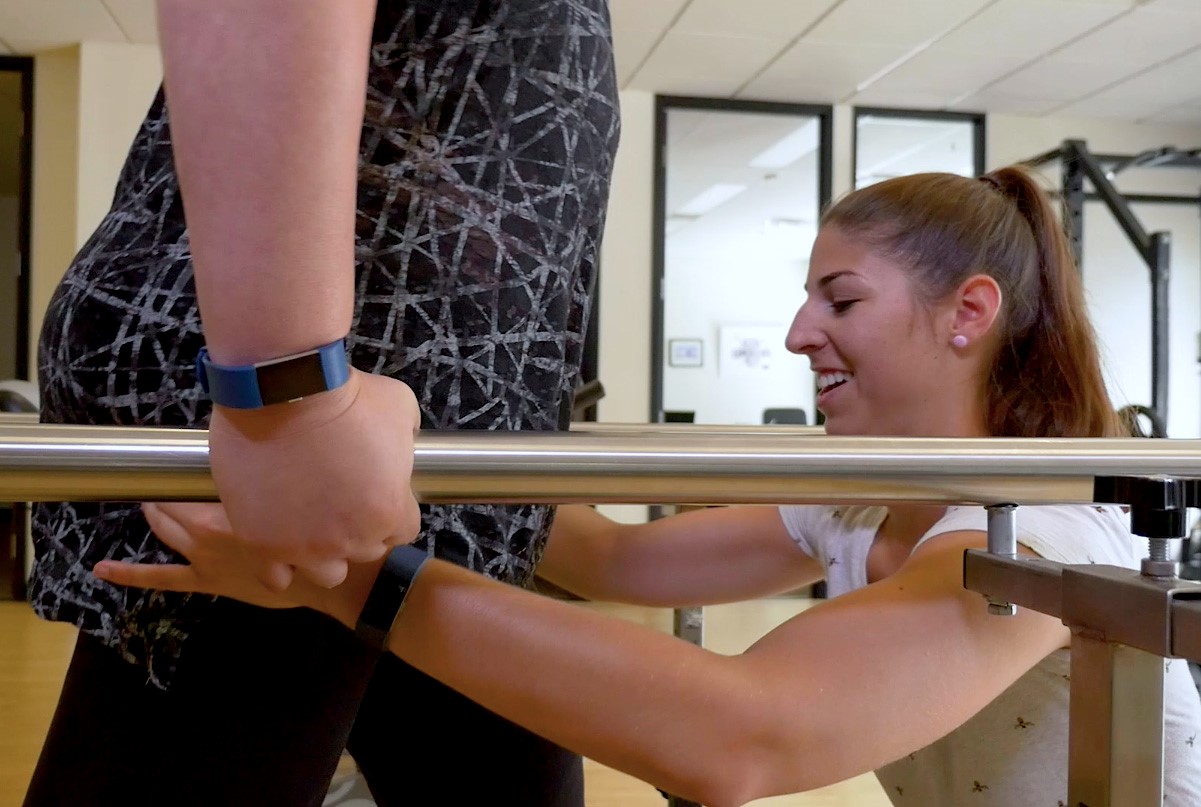The recent popularity of mindfulness and growing research around its many benefits has allowed it to be part of the modern prescription for health and wellness. You can now find meditations and information on any number of mindfulness topics—from mindful walking and mindful eating to mindfulness in the workplace and mindful parenting.
But what about mindful aging? Research around mindfulness has shown that it has benefits in several areas around aging including cognitive, physical, and emotional gains. It is actually possible to experience aging with greater ease and joy.
This is great news for an aging population. Over the next 25 years (by 2046), the population aged 85 and older could triple to almost 2.5 million people in Canada.[i] In this article, we take a closer look at the cognitive, physiological and emotional benefits of mindful aging.
Table of Contents
- What is Mindful Aging?
- Cognitive Benefits of Mindfulness and Aging
- Physiological Benefits of Mindfulness and Aging
- Emotional Benefits of Mindfulness and Aging
- How to Practice Mindful Aging
What is Mindful Aging?
Mindful aging is a practice that helps us to embrace the changes that are an inevitable part of growing old while also being active and engaged in our lives. Through mindfulness exercises and tools, it is possible to shift to a new mindset around aging that is fueled by passion, purpose, creativity and joy.
Cognitive Benefits of Mindful Aging
As we grow older, we are likely to experience changes in cognitive areas including planning, attention, multi-tasking, processing speed and various areas of memory.[ii] Mindfulness meditation involves training the mind to focus on a singular area for an extended period of time.
This type of attention training can have numerous benefits. Evidence suggests that mindfulness in older adults can have positive effects on:
- general cognition
- executive function
- attention
- processing speed
- memory[iii]
Physiological Benefits of Mindful Aging
Aging brings about many physical changes to our bodies. Decreased muscle mass and loss of collagen brings changes to our physical appearance while aging also makes us more susceptible to many chronic health conditions.
Research has shown that mindfulness can positively influence many physiological factors associated with aging. These benefits include:
- strengthened immune system
- improved sleep
- decreased blood pressure
- improved chronic pain[iv]
Emotional Benefits of Mindful Aging
Aging begins the day we are born. In our youth driven culture this a difficult concept for some to grasp. Aging is sometimes thought of as the enemy with great steps being taken to prevent or delay the natural processes of the body.
Mindfulness is a wonderful tool to help us navigate the various stages of aging and changes at any point in our lives. Through mindfulness meditation we can learn valuable tools to help us with aging:
- Acceptance – Meditation allows us to experience the impermanence of our thoughts, sensations and emotions. In aging we bring this acceptance to the changing nature of our bodies, roles, environments and relationships.
- Resiliency – Mindfulness helps to regulate emotions and relieve stress and to notice and embrace various emotional states such as sadness or loneliness that can accompany aging.
- Compassion – Practicing mindfulness as we get older can help to develop compassion for ourselves and widen our compassion for others as we see the interconnectedness of all living things.
- Awareness – An increased awareness of the present moment to enjoy what matters most.
How To Practice Mindful Aging
- Start a gratitude practice. Whether it is journaling or a reading gratitude quotes, incorporating gratitude into the day has positive effects on physical and mental health.
- Practice slow walking. Take time on walks to wake into your sensations, noticing the colours around you, the sounds you hear, maybe noticing something new.
- Change your language! Language shapes our perception, if we think we are too old to try something or resign ourselves to not doing something, we may miss out on new and wonderful experiences.
- Surround yourself with like minded people. One of the most important aspects of aging is social support; surrounding yourself with people transitioning through similar stages of life is important for your physical and mental health.
Growing older is not the opposite of youth. Aging is part of the continuum with old and young coexisting. Aging brings many gifts. With time, we are able to slow down, let go of things that don’t matter and enjoy what matters most.
We can find meaning and authentic happiness in our later years of life. Mindfulness can help us to experience aging with ease and joy. At Propel Physiotherapy, we take a holistic approach to rehabilitation that includes mindfulness. For more information about our mindfulness training services or mindfulness in general, please feel free to contact us.
References
[i] A portrait of Canada’s growing population aged 85 and older from the 2021 Census, Statistics Canada
[ii] Malinowski, P., Shalamanova, L. Meditation and Cognitive Ageing: the Role of Mindfulness Meditation in Building Cognitive Reserve. J Cogn Enhanc 1, 96–106 (2017). https://doi.org/10.1007/s41465-017-0022-7
[iii] Gard T, Hölzel BK, Lazar SW. The potential effects of meditation on age-related cognitive decline: a systematic review. Ann N Y Acad Sci. 2014 Jan;1307:89-103. doi: 10.1111/nyas.12348. PMID: 24571182; PMCID: PMC4024457.
[iv] Meditation and Mindfulness: What You Need To Know, National Center for Complementary and Integrative Health
Written by

















